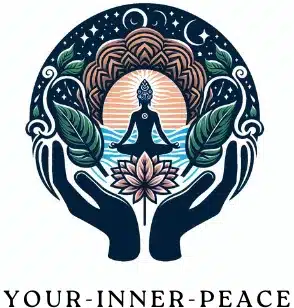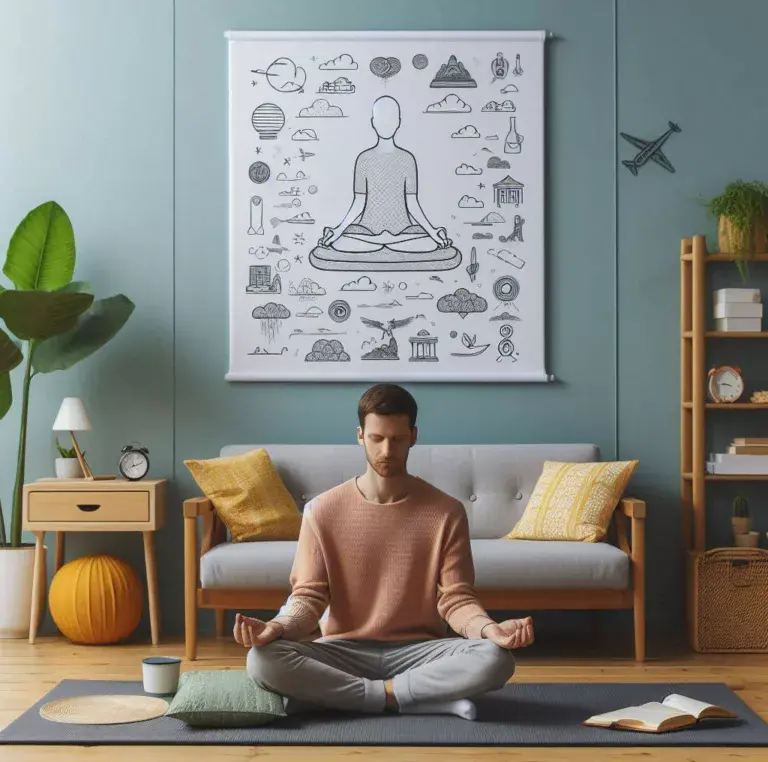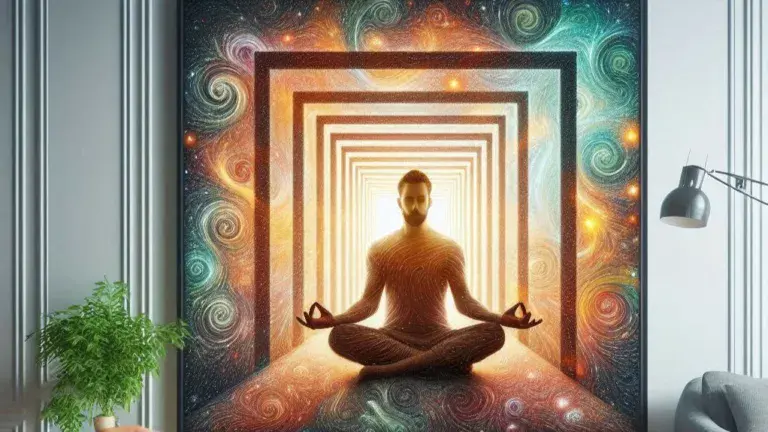Benefits Of Mindfulness Meditation For Anxiety
Breathe Through the Storm: How Mindfulness and Meditation Help Manage Anxiety
Let’s face it anxiety is like that uninvited guest who shows up early, stays too long, and eats all your mental snacks. In today’s fast-paced, hyper-connected world, it’s no wonder so many of us are dealing with overwhelming thoughts, racing hearts, and sleepless nights.
But what if you could show anxiety the door—gently, mindfully, and with compassion?
Enter Guided meditations from the world’s most trusted teachers mindfulness and meditation, two ancient yet scientifically backed practices that offer powerful relief in modern times. Whether you’re facing occasional stress or dealing with more persistent mental chatter, these tools help quiet the noise and bring you back to center.
Understanding Anxiety
Anxiety is more than just worrying. It’s a full-body experience—tight chest, shallow breath, sweaty palms, spinning thoughts. It’s the brain’s alarm system going off even when there’s no fire. While it’s a natural response to stress, chronic anxiety can take a toll on your health, relationships, and overall well-being.
That’s where mindfulness and meditation step in—not to suppress anxiety, but to shift your relationship with it.
How Mindfulness Helps Calm the Storm
Mindfulness is the practice of paying attention to the present moment with curiosity and without judgment. When you’re mindful, you’re not caught up in the past (“Why did I say that?!”) or spiralling about the future (“What if everything goes wrong?!”). You’re just here—breathing, noticing, allowing.
Here’s how it helps:
- Breaks the Loop: Anxiety often thrives on repetitive thoughts. Mindfulness interrupts this cycle by grounding you in the now.
- Rewires the Brain: Regular mindfulness has been shown to shrink the amygdala (the fear center) and strengthen the prefrontal cortex (your calm, rational thinking hub).
- Builds Emotional Resilience: You learn to observe feelings without being overwhelmed by them. Think: watching clouds pass, instead of getting caught in the storm.
Meditation: Your Daily Dose of Calm
Meditation is like a gym workout for your mind—but instead of lifting weights, you’re strengthening awareness, compassion, and calm.
Popular forms of meditation for anxiety include:
- Breath Awareness: Focusing on the inhale and exhale. Simple, yet incredibly effective.
- Body Scan: Gently noticing sensations from head to toe, helping release tension.
- Loving-Kindness (Metta): Sending kind thoughts to yourself and others—yes, even your ex or that noisy neighbor.
Research shows that even 10 minutes a day of meditation can reduce symptoms of anxiety, improve sleep, and enhance overall mood.
Real Talk: It’s Not About Stopping Thoughts
Let’s bust a myth right now: Meditation isn’t about having a blank mind. It’s about noticing your thoughts without getting pulled into their drama. Your mind will wander (it’s kind of its thing)—what matters is that you notice and gently come back. That’s the magic.
Getting Started
If you’re new to Guided meditations from the world’s most trusted teachers mindfulness and meditation, here’s how to ease in:
- Start Small: Begin with 5 minutes a day. Set a timer. Breathe.
- Guided meditations from the world’s most trusted teachers
- Create a Ritual: Light a candle, sit comfortably, and make it a moment just for you.
- Be Kind to Yourself: There’s no “perfect” way to meditate. If you’re showing up, you’re already winning.
Final Thoughts: You Are Not Your Anxiety
Mindfulness and meditation don’t erase anxiety, but they transform your experience of it. They create space between you and your thoughts, space where peace can grow. Over time, you’ll find that anxiety no longer drives the bus—you do.
So the next time your mind races, take a breath. Anchor yourself in the present. And remember: the storm may pass, but your calm is always within reach.
Ready to take the first step? Learn more about managing See how Mindfulness.com helps you ease anxiety!
Anxiety with natural, supportive tools.
Here's a little transparency: Our website contains affiliate links. This means if you click and make a purchase, we may receive a small commission. Don't worry, there's no extra cost to you. It's a simple way you can support our mission to bring you quality content.






